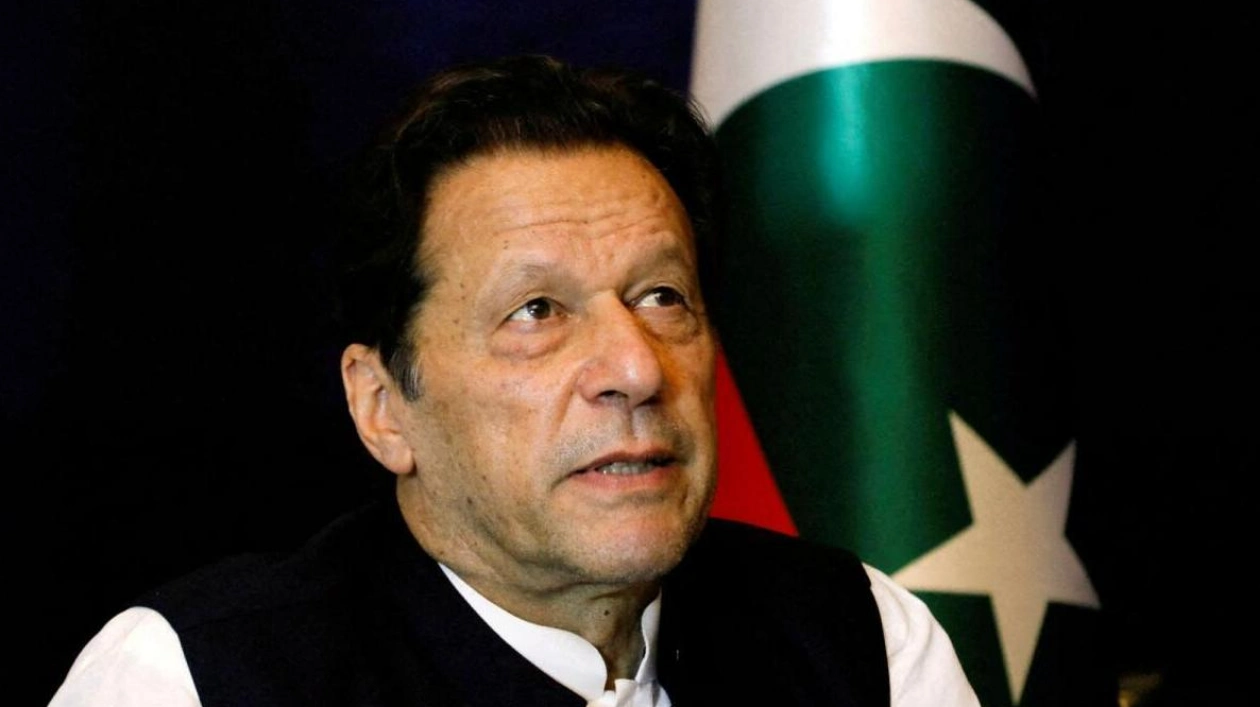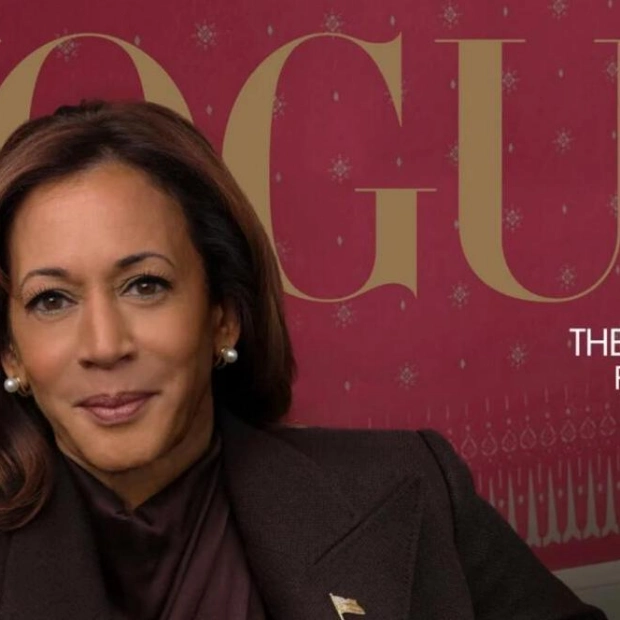Pakistan's arrest of a former spy chief has escalated tensions involving Imran Khan and could pave the way for prosecuting the imprisoned ex-prime minister on charges of treason and inciting mutiny within the military, according to government officials and analysts. Khan's conflict with Pakistan's influential military intensified after a rift with then-army chief General Qamar Javed Bajwa in 2022, leading to his ouster from office in a parliamentary vote that Khan alleged was orchestrated by the generals. The military has refuted any involvement in his removal. Khan's public confrontation with the military has plunged the South Asian nation into its worst political crisis in decades. The 71-year-old former cricket star commands a loyal following, and any further military action against him could exacerbate unrest, analysts warn. Khan's supporters rioted on May 9 last year after his brief arrest, vandalizing military installations nationwide, marking the most severe challenge to the military's authority in Pakistan's 75-year history. Khan is currently on trial in a civilian court for allegedly inciting the violence, a charge he denies. However, he could face more severe charges of treason and mutiny following the recent arrest of Lieutenant General Faiz Hameed, a former chief of the Inter-Services Intelligence and a Khan ally, according to officials and analysts. Treason and mutiny are tried in a military court, which operates in secrecy, and the charges carry a maximum penalty of death.
"I believe the arrest will be used to pressure Faiz Hameed to provide information that implicates Khan in the May 9 violence, which the army chief views as mutiny and treason," said author and defense analyst Ayesha Siddiqa, describing Hameed's arrest as a "political bombshell." Government officials have repeatedly claimed that Hameed collaborated with Khan to orchestrate the riots. Defense Minister Khawaja Asif stated on Geo TV last month that Khan supplied the manpower while Hameed "masterminded the conspiracy." The military did not respond to a Reuters request for comment. Current army chief General Asim Munir declared in May that there could be "no compromise or deal with the planners and architects of this dark chapter in our history," without naming anyone. Khan has asserted that Hameed's arrest is intended to ultimately target him as other cases against him are collapsing. "It's a drama to try my case in a military court," he reportedly said through his lawyer Naeem Panjutha during a recent jail hearing. Hameed faces a closed-door court-martial on charges of corruption, misuse of power, and violation of the Army Act following his 2022 retirement, according to the military. He is in custody and could not be reached for comment. The charges are punishable by up to 14 years in prison. The military has also detained three other retired officers linked to Hameed and is investigating others for "fomenting instability" in collusion with "vested political interests."
Khan appointed Hameed as ISI chief in 2019, a pivotal role at the intersection of domestic politics, the military, and Pakistan's foreign relations. Hameed's transfer from the ISI to a corps command two years later, which Khan initially opposed, signaled the first public signs of discord between Khan and Bajwa, the then-army chief. Khan has acknowledged in local media interviews that he wanted Hameed to remain as ISI head in 2021, when he claimed the opposition was plotting to oust him. Hameed's arrest followed a series of legal victories for Khan in civilian courts, despite allegations by several senior judges, published in local media, of pressure to rule against the former premier. While the military denies pressuring judges, the allegations have strained relations between the two institutions, analysts say. It would be in the army's best interest to conduct a trial under military law to "forestall any judicial intervention" in support of Khan, according to Husain Haqqani, a former Pakistan ambassador to the US and a senior fellow at the Hudson Institute. Khan's trials have monopolized local headlines for months, with even limited media access to jail proceedings spotlighting the process and providing a platform for Khan. Media are barred from military trials, and verdicts are announced in brief statements from the military without detailing evidence.
"By their very nature, military courts are secretive and their procedures arcane," said Shuja Nawaz, a fellow at the Atlantic Council's South Asia Center in Washington. Nawaz noted that linking Hameed to charges against Khan would be speculative but expressed concern over the lack of transparency in previous trials related to the May 9 violence. A former minister in Khan's cabinet, Fawad Chaudhry, warned that a military trial of Khan would pose problems. "It wouldn't be well-received in the West and in Washington," Chaudhry said. "This is a cost the military cannot afford." However, Siddiqa, Haqqani, and other analysts believe the army, by trying one of its own, is demonstrating its unwillingness to accommodate Khan, who won the most seats in a national election earlier this year despite being in jail. "Imran Khan's trial by a military court would signal the army leadership's determination to eliminate Khan from the political scene, regardless of the cost," said Yousuf Nazar, a political analyst and author of Pakistan: The Gathering Storm.






